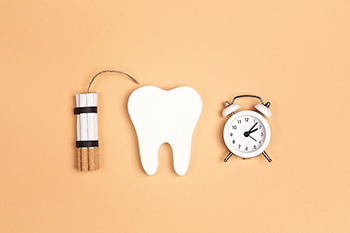
Cigarette smoking exposes your teeth to nicotine and tobacco, which can have detrimental effects on the health of your teeth, gums and mouth, not to mention your throat and lungs. Smoking also exposes soft tissues to harmful smoke. As of 2018, 15% of the Canadian population 12 and older smoke either regularly or occasionally.
Smoking cigarettes can lead to:
– Bad breath
– Dry mouth
– Yellow, brown or black external stains on teeth
– Yellow internal stains on teeth
– Inflammation of salivary glands
– Loss of bone within the jaw
– Heavier tartar build-up on the teeth underneath the gums
– Increased risk of leukoplakia, which are white patches in the mouth
– Increased risk of gum disease called periodontitis
– Increased risk of oral cancer
– Delayed healing in the mouth
Smoking interferes with the function of the gum tissue cells, creating issues with the attachment of the gums to the teeth, as well as restricting blood flow to the gums. This is what puts smokers at an increased risk of gum disease, infection and delayed healing. Tobacco also reduces salivary flow, which leads to a dry mouth. A dry mouth can contribute to issues with gum disease and even increase the likelihood of cavities. Smokeless tobacco products are no safer for your teeth and mouth than cigarettes. They are shown to have at least 28 harmful chemicals. Chewing tobacco can lead to gum recession where the tobacco sits in the mouth.
Ways to Help Improve Smoking Stains
Although smoking will continually contribute to staining, there are ways to reduce and prevent staining. Over-the-counter whitening products help to brighten the internal shade of your teeth, and toothpaste containing baking soda can help with external staining. It is also important to see your dentist and dental hygienist regularly to have the stains, tartar and bacteria removed, as well as check for any signs of oral cancer.
Ways to Help Prevent Gum Disease
Since smoking puts you at an increased risk for gum disease, it is important to take extra good care of your teeth and gums. Brushing at least twice a day and using dental floss at least once a day are both parts of a beneficial oral hygiene regimen. In addition, you can use an alcohol-free mouthwash daily and a tartar fighting toothpaste. Be sure to drink plenty of water to stay hydrated to prevent a dry mouth.
If you are interested in ways to help quit smoking or have any questions on smoking’s effect on your teeth, gums and mouth, we encourage you to contact us today to schedule an appointment.
